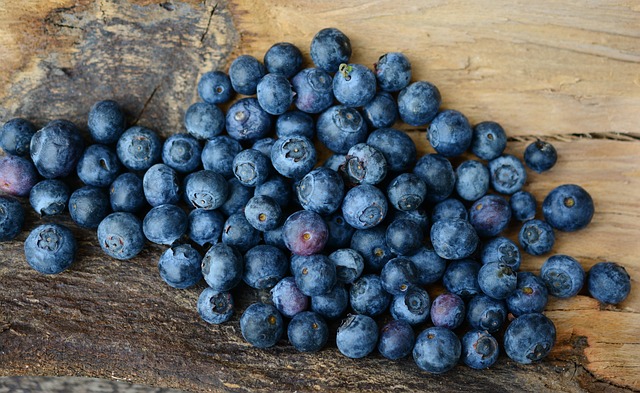Unveiling the Mysteries of Probiotics: How They Improve Digestion and Boost Immunity
Probiotics have gained significant attention for their potential health benefits. These live microorganisms, often referred to as “good bacteria,” offer advantages when it comes to digestion and immunity. While the concept of consuming bacteria may seem counterintuitive, the right kind of bacteria can actually promote well-being. In this article, we will explore the mysteries behind probiotics and how they can improve digestion and boost the immune system.
What are Probiotics?
Probiotics are live bacteria and yeasts that are beneficial to our health, especially to the digestive system. They can be found in certain foods and supplements. Our bodies already harbor numerous microorganisms, both good and bad. Probiotics help maintain the balance by increasing the levels of beneficial bacteria, which can be easily disrupted due to poor diet, stress, or taking antibiotics. When consumed in adequate amounts, probiotics can deliver a range of health benefits.
Improved Digestion with Probiotics
The gut is home to trillions of bacteria, collectively known as the gut microbiota. These bacteria play a crucial role in digestion and overall health. Probiotics can promote a healthy gut environment by restoring the natural balance of bacteria. They improve digestion by breaking down food, aiding nutrient absorption, and preventing harmful bacteria from flourishing. Additionally, probiotics can alleviate common digestive issues such as diarrhea, constipation, and bloating.
Boosting Immunity
The immune system acts as a defense mechanism against harmful pathogens. A significant portion of the immune system is located in the gut, making it essential to maintain a healthy gut microbiota. Probiotics stimulate the production of antibodies, enhance the activity of immune cells, and strengthen the gut barrier. By doing so, they bolster the immune system’s ability to fight infections and reduce the risk of certain diseases.
Probiotic Food Sources
Probiotics are naturally present in some foods or can be added during the fermentation process. Common food sources of probiotics include:
- Yogurt
- Kefir
- Sauerkraut
- Kimchi
- Miso
- Tempeh
It is important to note that not all yogurts and fermented foods contain live probiotic strains. Look for labels specifying live or active cultures when choosing probiotic-rich products.
Choosing the Right Probiotic Supplement
In addition to food sources, probiotic supplements are widely available. However, not all supplements are equal, and it’s important to select the right one for your needs. Consider the following factors when choosing a probiotic supplement:
- Strain Diversity: Look for a supplement that contains multiple strains of probiotics for optimal benefits.
- Colony Forming Units (CFUs): CFUs indicate the number of live bacteria in each dose. Higher CFU counts are generally more beneficial.
- Survivability: Ensure that the supplement guarantees the survival of bacteria through the digestive system and into the gut.
- Quality and Purity: Choose supplements from reputable brands that adhere to quality standards and perform rigorous testing.
Probiotics and Prebiotics: A Powerful Combination
To enhance the benefits of probiotics, consider incorporating prebiotics into your diet. Prebiotics are non-digestible fibers that serve as food for probiotics. They promote the growth and activity of beneficial bacteria in the gut. Good sources of prebiotics include oats, bananas, onions, garlic, and asparagus. By combining prebiotics with probiotics, you can create a synergistic effect that further boosts digestive health and immunity.
Conclusion
Pro







